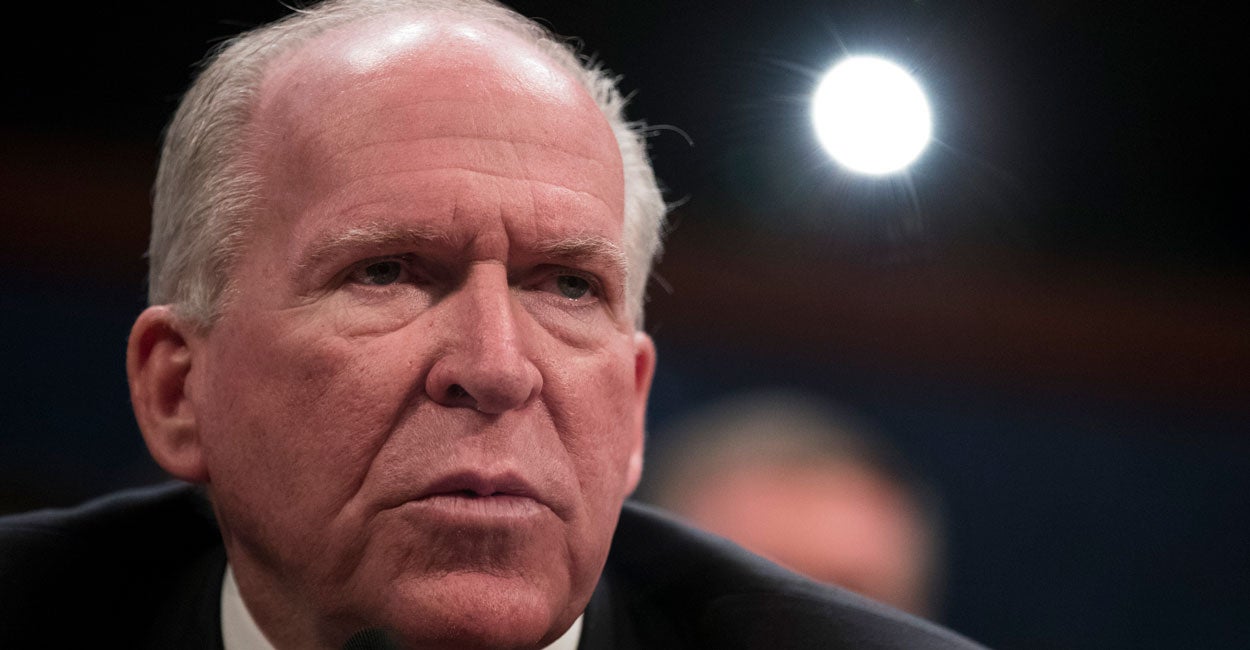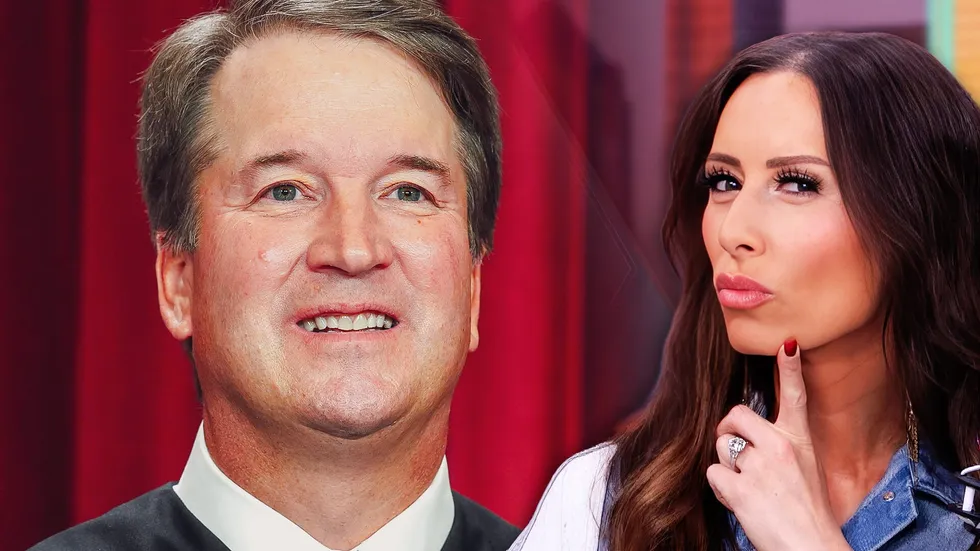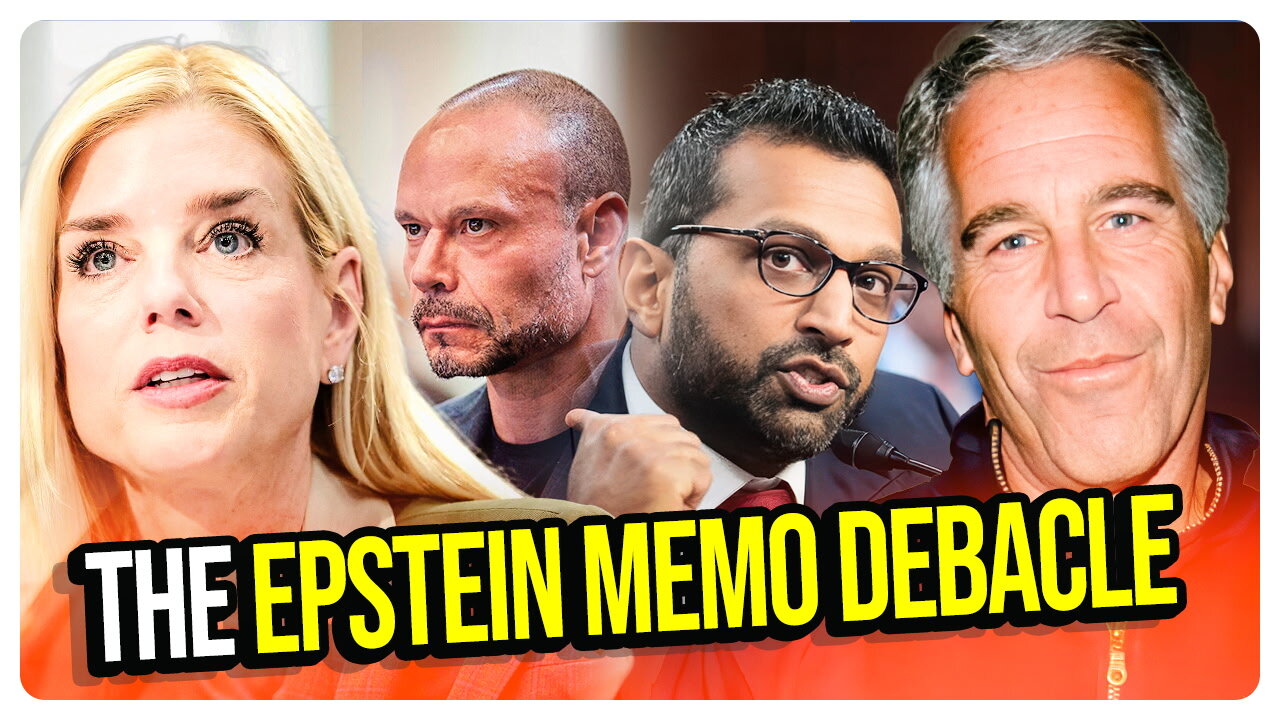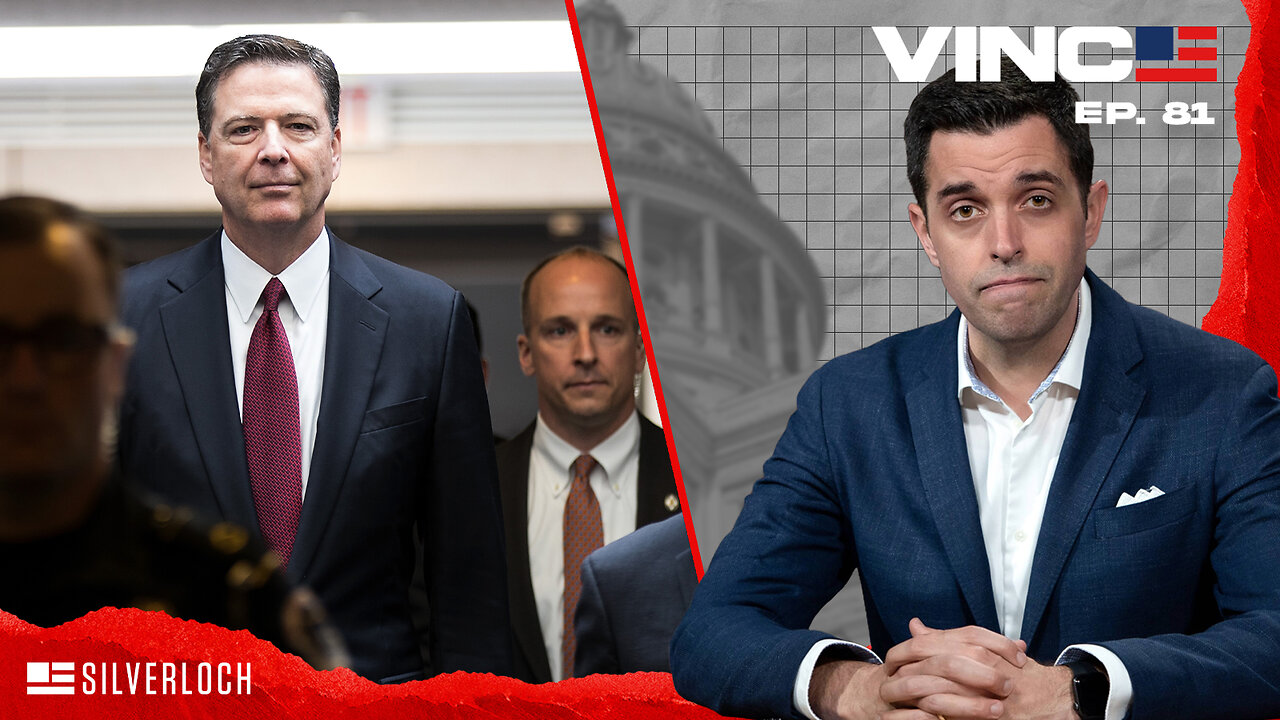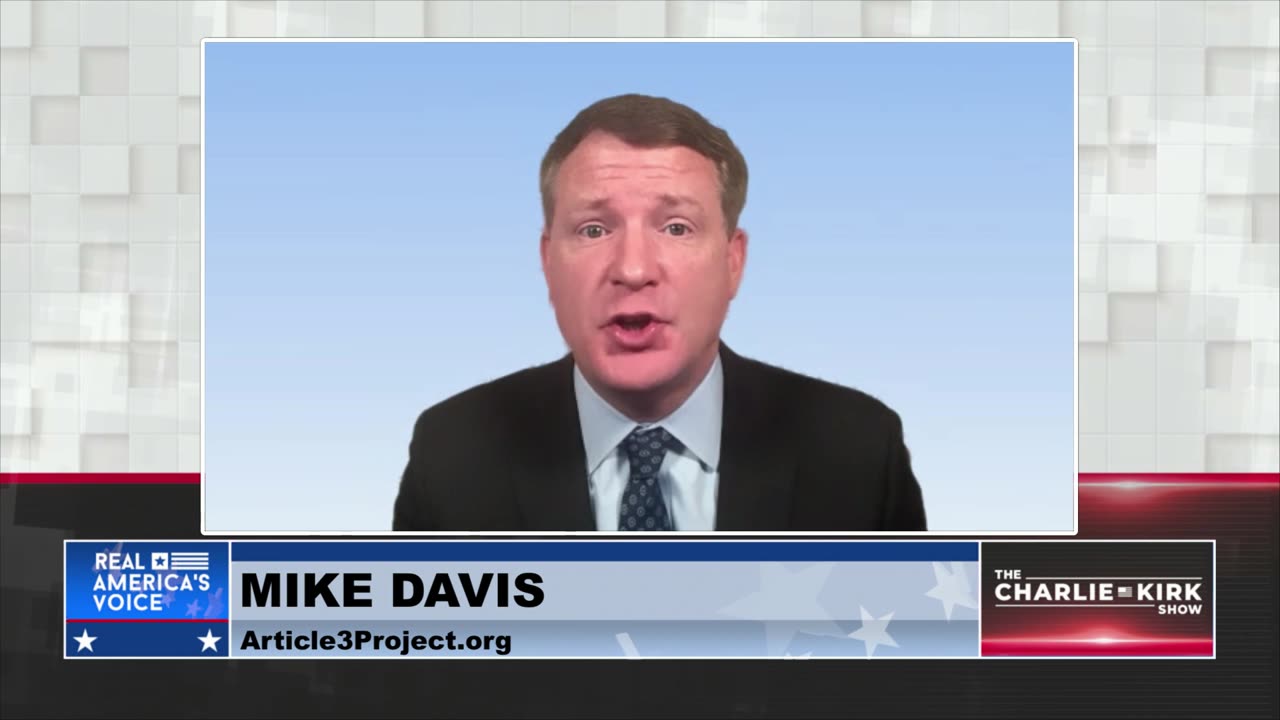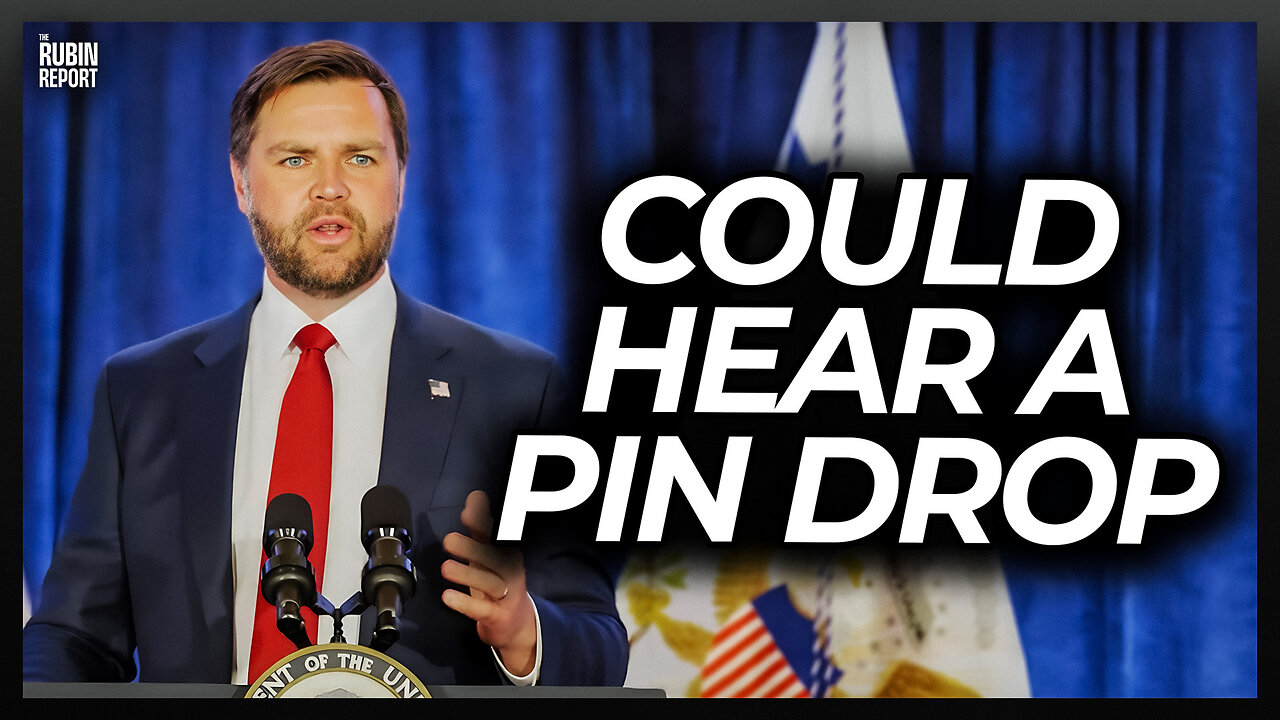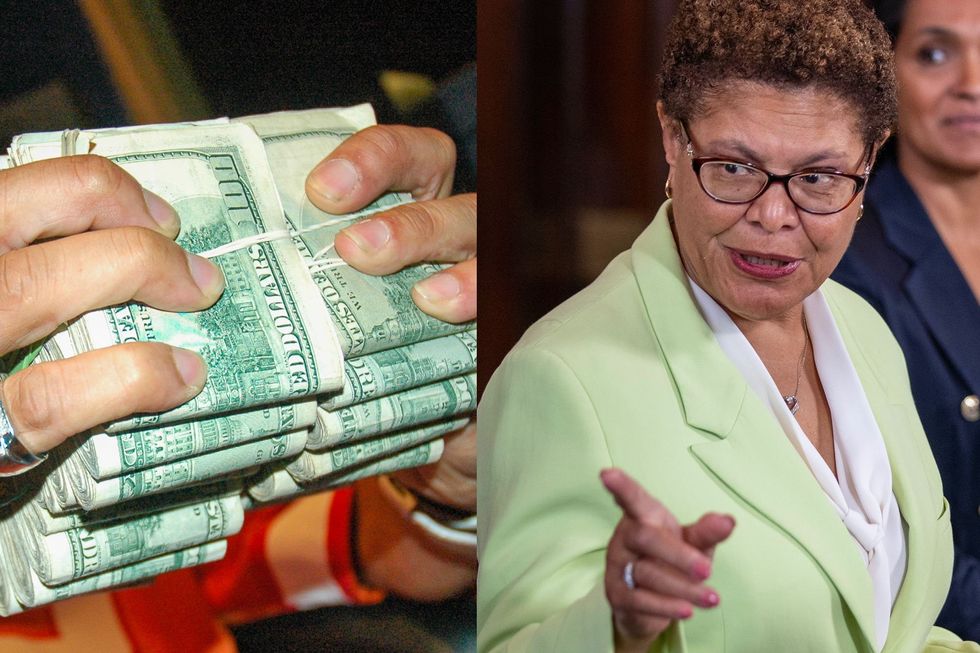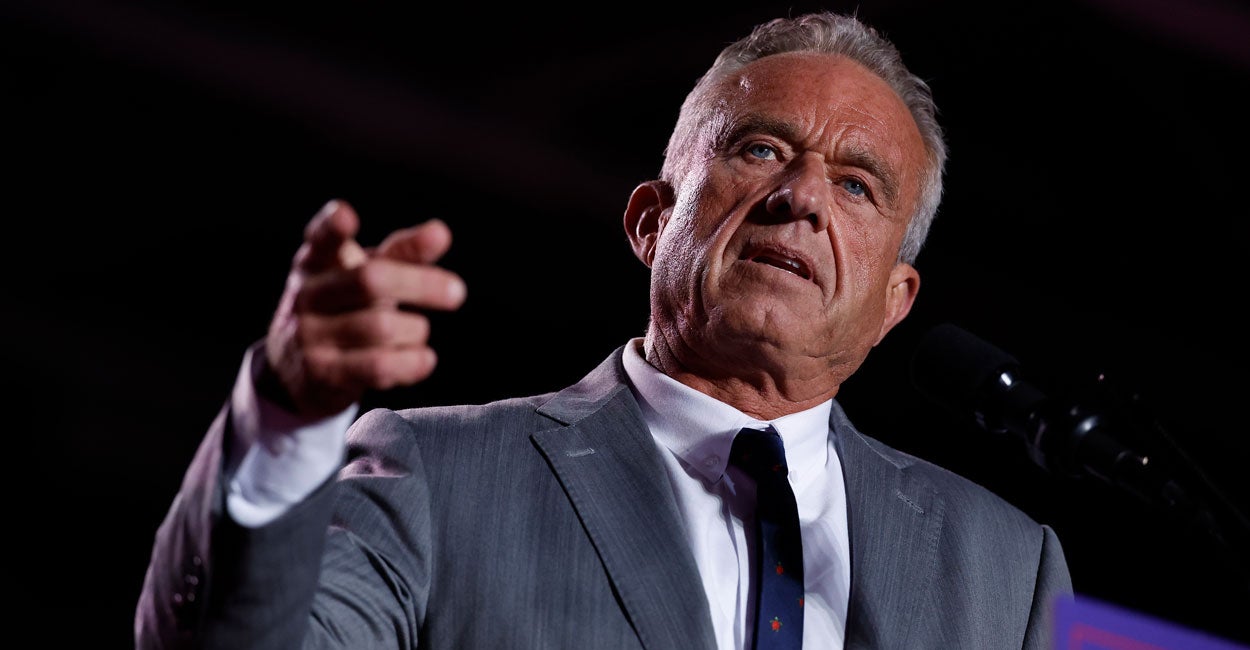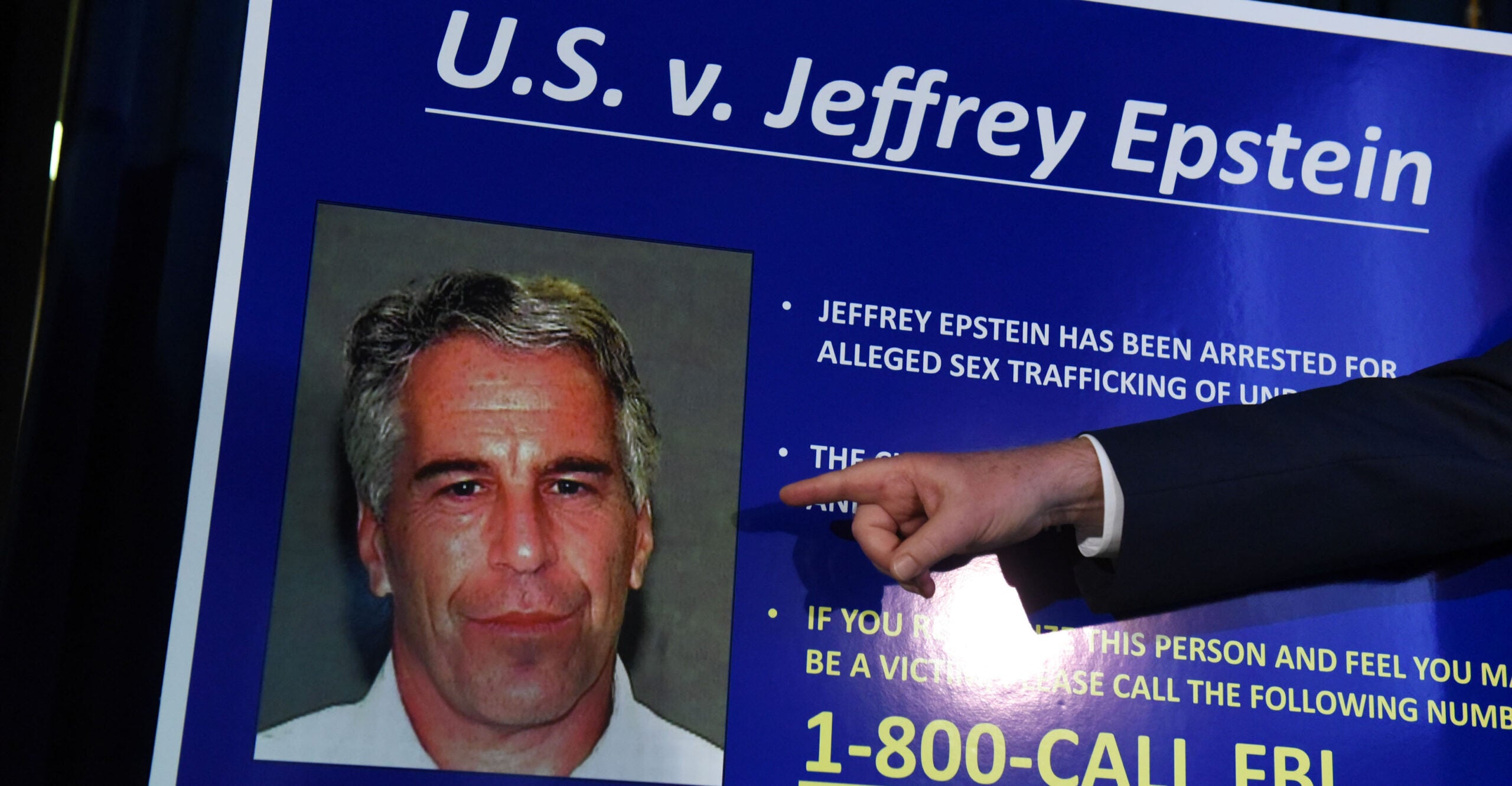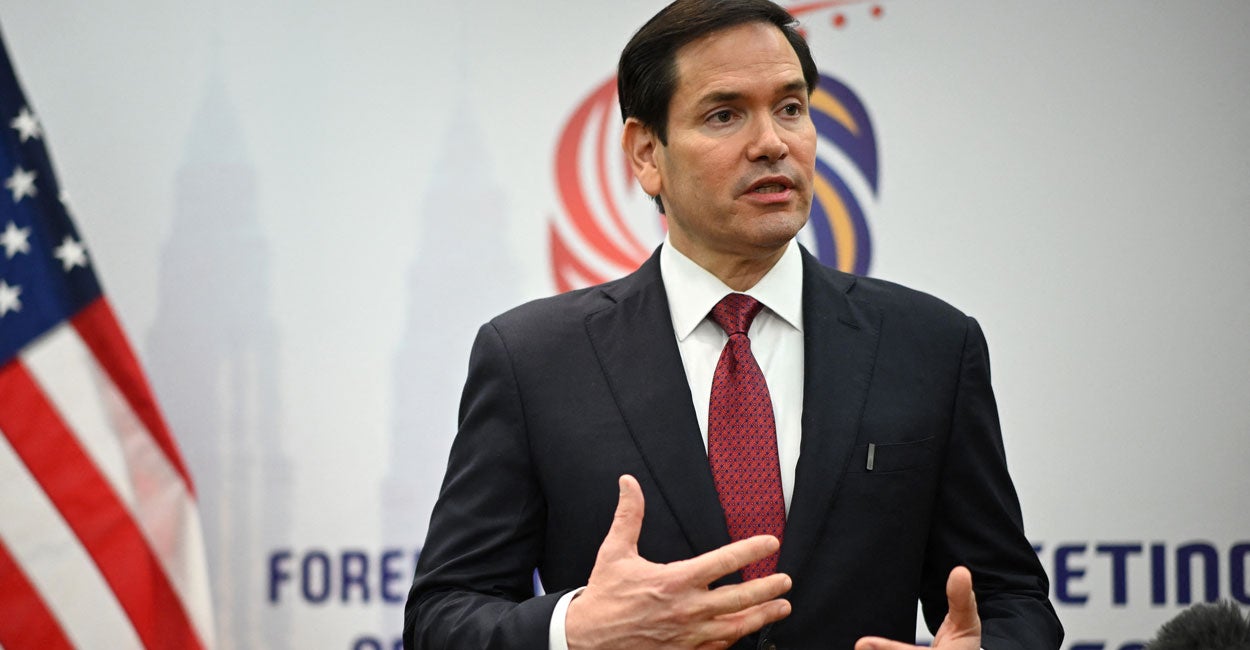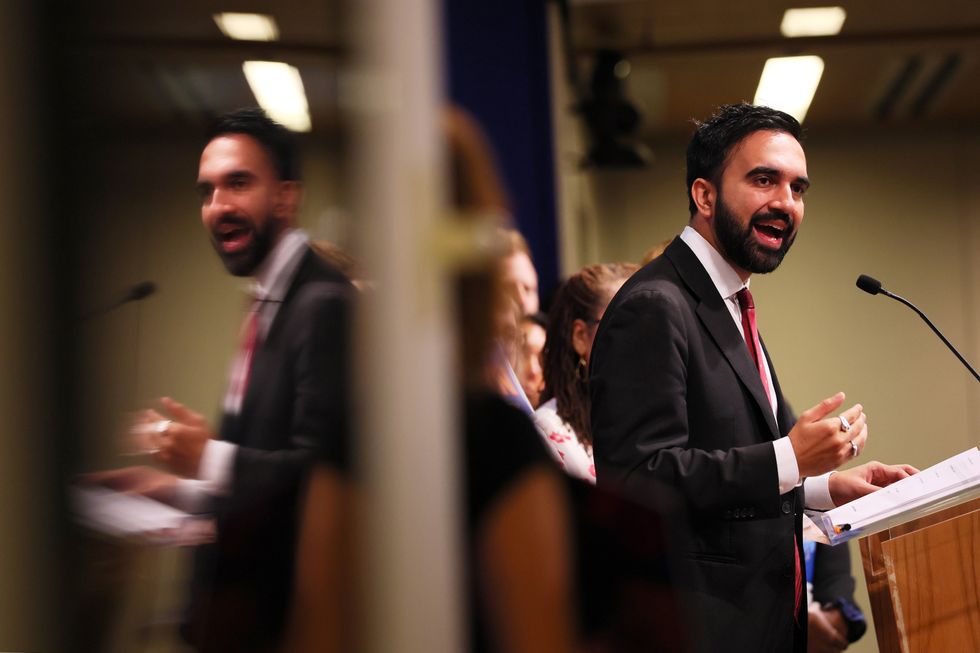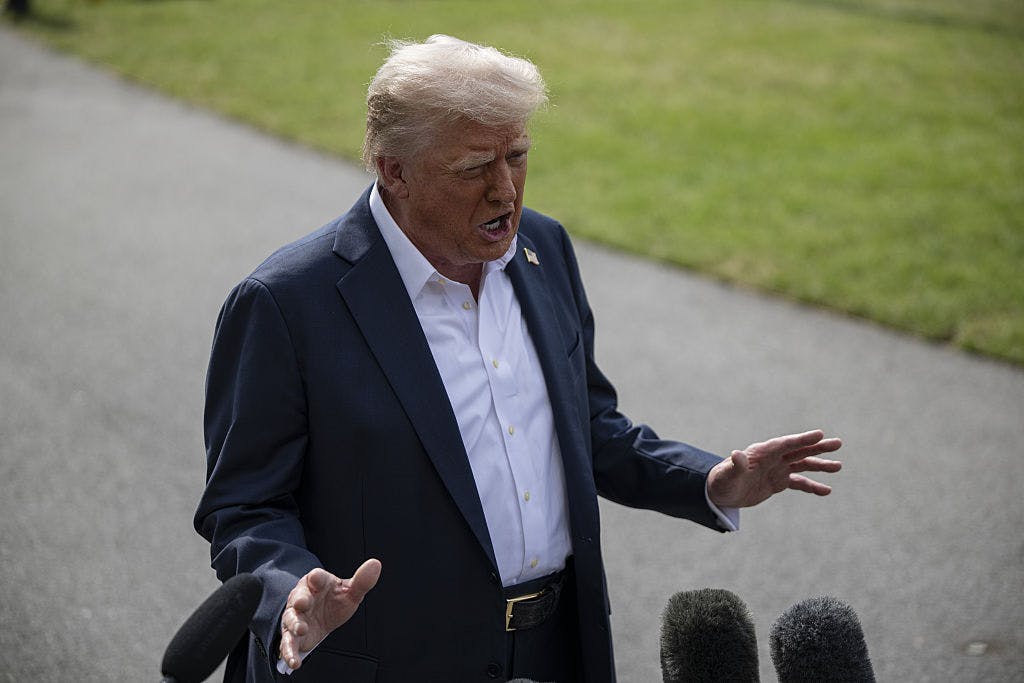This Biden-Era Banking Rule Is A Pandora’s Box Of Financial Risk

Just days into the second Trump administration, Republicans in Washington are facing an unexpected and poorly understood headwind to unleashing our economic potential, courtesy of the Consumer Financial Protection Bureau and the leadership of Biden bureaucrats.
Under the CFPB’s Biden-era 1033 Rule, also known as the “Banking Data Exposure Rule,” American banks will soon be compelled to increase the flow of sensitive financial data to banks and businesses worldwide, with insufficient safeguards and proper oversight. The implications are enormous, and the risks cannot be overstated.
Progressive proponents like Senator Elizabeth Warren (D-MA) might be cheering this misguided rule under the guise of empowering the consumer. But because the rule is so poorly constructed, it will only benefit a minority of well-informed consumers while creating new and potentially life-changing hazards for many Americans and businesses.
The Banking Data Exposure Rule opens a digital Pandora’s Box. By mandating that banks facilitate unprecedented access to consumers’ financial data, the CFPB is creating a hunting ground for malicious cybercriminals and foreign state actors to exploit. This rule places anyone with a checking or savings account — be it an individual, a business, a municipal government, or even a hospital system — at risk of falling victim to sophisticated schemes designed to gain unauthorized access to funds and sensitive data.
CELEBRATE #47 WITH 47% OFF DAILYWIRE+ MEMBERSHIPS + A FREE $20 GIFT
The rule’s design offers bad actors a roadmap for exploitation, making the CFPB a de facto enabler of potential financial harm. Under the 1033 Rule, banks are essentially powerless to ensure their customers are not being duped by bad actors masquerading as legitimate third parties — a key point seemingly missed by the Biden administration and supporters.
Consider the broader implications of a foreign adversary using this framework to infiltrate a utility company’s financial records, hold a hospital’s payroll system hostage, or drain the retirement savings of an unsuspecting senior citizen. The CFPB’s poorly conceived rule could trigger cascading consequences across critical sectors of the U.S. economy, suppressing the nation’s optimism for an economic revival under the Trump administration and Republican-led Congress.
Proponents claim the ends will justify the means by enhancing competitive innovation and streamlining financial services. However, the 1033 Rule presumes that these benefits outweigh the risks to data security and privacy.
The CFPB’s actions undermine the reasonable demands Congress has made of banks to protect sensitive financial data and secure access to accounts. The rule establishes a false dichotomy between safeguarding consumer information and the promise of open banking, stripping consumers of their agency in making this decision. In reality, we can and should demand both security and innovation from our financial institutions.
Worse still, the Banking Data Exposure Rule is an ideologically-driven mandate. CFPB officials are misusing the Dodd-Frank Act to orchestrate a shift to an “open banking” framework that was largely theoretical when the bill was signed into law nearly 15 years ago. Open banking should only proceed with clear congressional authorization — not unelected, newly-unemployed, bureaucrats — following deliberation on the risks and merits of such a fundamental shift in the financial system.
The CFPB’s overreach in this instance sets a dangerous precedent for unchecked regulatory intervention in other critical sectors of the economy. Congress has a responsibility to rein in the CFPB before the 1033 Rule takes effect. Lawmakers should recognize that while open banking policies are worthy of debate, there is no urgency to enact radical changes nor necessity to do so without considerable public debate. It is a mandate ripe for rollback.
Financial innovation should not come at the expense of data security and consumer trust. Instead, we should pursue reforms that achieve both priorities without exposing Americans to unnecessary risks. By cancelling the 1033 Rule, Congress can send a clear message: safeguarding the financial security of the American people is not up for compromise.
The time to act is now. This is a fight for the integrity of our financial system and the protection of American consumers. Congress must ensure that innovation in banking is built on a foundation of trust, security, and proper oversight — not reckless experimentation.
Doug Wheeler is the Director of the George Gibbs Center for Economic Prosperity at The James Madison Institute (JMI), a free market public policy research organization based in Florida.
Originally Published at Daily Wire, Daily Signal, or The Blaze
What's Your Reaction?
 Like
0
Like
0
 Dislike
0
Dislike
0
 Love
0
Love
0
 Funny
0
Funny
0
 Angry
0
Angry
0
 Sad
0
Sad
0
 Wow
0
Wow
0

